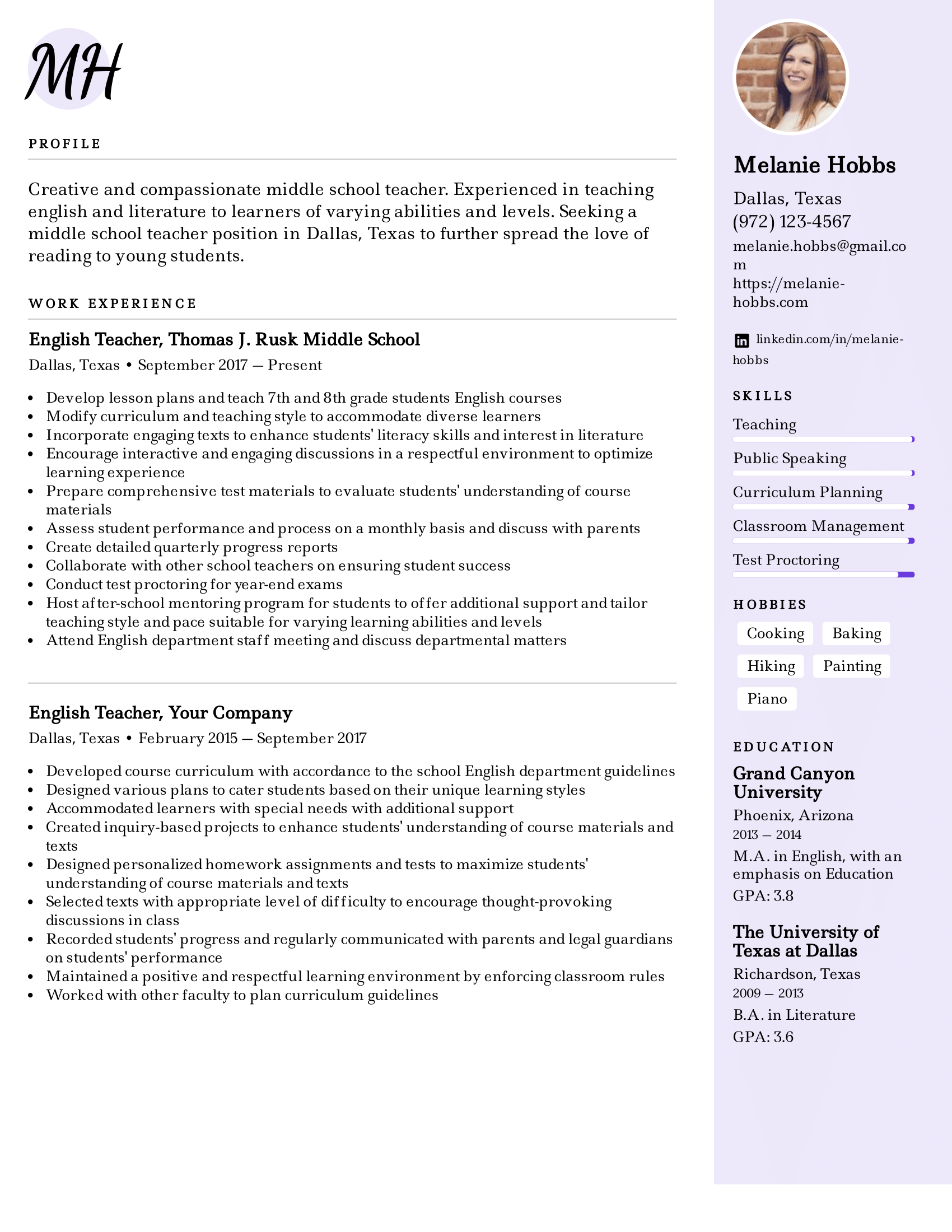Ensure your resume is up to date and ready to go for your next interview with our tips and advice.







Construction Managers plan, coordinate, budget, and supervise construction projects from start to finish. They ensure that all the employees are working efficiently and in a safe, punctual manner. Construction Managers also oversee the building materials and crews.
See our list of over 350 action verbs to find more.
Construction Managers not only need to be knowledgeable about construction itself, but they also need to be able to work effectively with people.
Construction Managers generally require a bachelor’s degree in construction science, construction management, architecture, or engineering. Some colleges offer two-year degrees in these areas, which, when coupled with construction experience, is adequate for managers of small projects.
According to the Bureau of Labor Statistics, some individuals with a high school diploma and many years of experience in a construction trade may be hired as construction managers, these individuals are typically qualified to become self-employed general contractors.
On the job experience in construction is also necessary before one can become a manager. This experience can be gained through internships, cooperative education programs, or previous work in the construction industry. Some construction managers become qualified solely through extensive construction experience, spending many years in carpentry, masonry, or other construction specialties.
Certifications are not mandatory, but can help your resume stand out.
Some states also require that construction managers be licensed in order to work on public projects.
Requirements for licensure vary by state but generally involve the following:
Job Outlook
The job outlook for Construction Managers is growing at 10% per year, which is considered to be faster than average. In 2018 there were 471,800 jobs available.
Average Salary
Construction Managers make $95,260 per year on average. However, salaries could be as high as $145,400 depending on experience, certifications, and location.
Top Paying Salaries by State
Search for Construction Manager Jobs
Learn how to format contact information on your resume and what information to share with the hiring manager.
Read this how-to guideDon't know whether you should write a one-page or two-page resume? Find out when it is appropriate to write a two-page resume and learn how to write it correctly.
Read this how-to guideIn this guide, we will cover everything you need to know about including references on a resume, from how to format them to how to know when they should be included at all.
Read this how-to guideYour work experience is a summary of all your hard work, dedication and achievements over the years. Here's how to do justice to your work history.
Read this how-to guideDo you really need a cover letter? Will a hiring manager actually read it? Let's find out why a cover letter is more important than ever.
Read this career-advice articleHow well you communicate and interact with people is a top priority to employers. In this guide, we will enlighten you on the importance of interpersonal skills. Plus, we will provide you with our top 15 examples to consider including on your resume!
Read this career-advice articleIncluding a resume objective statement on your resume can help clarify your intentions to employers. Plus, it can help to show why you are a good fit for the job! In this guide, we will be covering exactly what a resume objective statement is, when to use one, and how to write it effectively.
Read this career-advice articleIf you have ever written a resume, you have probably found yourself wondering whether or not you are including the right information. There are many elements that make up a strong resume and several formats to choose from. In this guide, we will help you determine exactly what to include on your resume in 2025!
Read this career-advice article